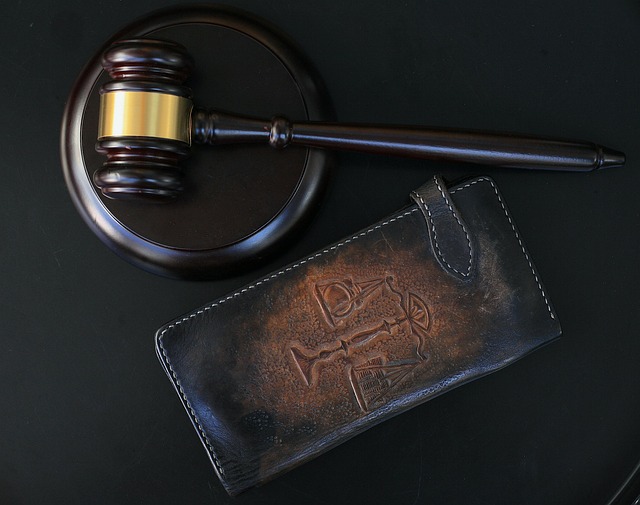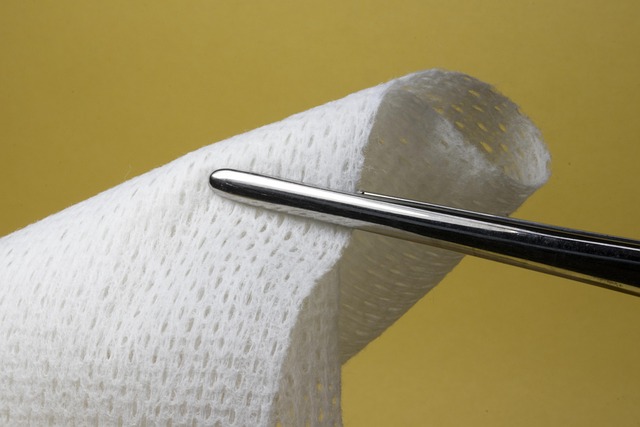When a loved one passes away due to healthcare errors in a nursing home, families can pursue wrongful death medical malpractice lawsuits to hold negligent providers accountable and seek compensation. This process involves consulting a specialized lawyer, reviewing medical records, gathering expert opinions, filing a complaint, and demonstrating how negligence directly led to the wrongful death. Compensation helps families cope with emotional and financial losses while seeking justice and preventing future tragedies by enforcing high care standards in nursing homes.
“In the unfortunate event of nursing home resident death due to medical malpractice, understanding your legal rights is crucial. This comprehensive guide delves into wrongful death medical malpractice lawsuits, detailing the legal process from start to finish. From recognizing negligent care to filing a claim and seeking justice, we outline each step meticulously.
Learn how to compensate for irreplaceable loss and navigate the complex legal landscape surrounding these cases. Discover your options and take the first step towards achieving closure and holding negligent parties accountable.”
- Understanding Wrongful Death Medical Malpractice Lawsuits
- The Legal Process of Filing a Lawsuit
- Compensating for Loss and Seeking Justice
Understanding Wrongful Death Medical Malpractice Lawsuits

When a loved one passes away due to errors or omissions on the part of healthcare professionals within a nursing home, it’s important to understand that their family may have legal recourse through what is known as a wrongful death medical malpractice lawsuit. These cases are designed to hold negligent providers accountable and provide compensation for the sudden loss and associated expenses.
Wrongful death medical malpractice claims encompass situations where the nursing home or its staff demonstrates gross negligence, such as misdiagnosis, improper treatment, medication errors, or failure to follow recognized standards of care, leading directly to the resident’s harmful outcome. Unlike property damage claims or defective product cases, wrongful death actions focus on the adverse effects on human life and health, making medical negligence a central concern.
The Legal Process of Filing a Lawsuit

When pursuing a wrongful death medical malpractice lawsuit, it’s crucial to understand the legal process involved. The journey begins with consulting a personal injury lawyer who specializes in such cases. They will help determine if there was negligence on the part of the nursing home and their staff, leading to the patient’s demise. This involves reviewing medical records, gathering expert opinions, and identifying a breach of fiduciary duty—the legal obligation of care owed by healthcare professionals to their patients.
The next step is to file a complaint with the appropriate court, outlining the allegations and seeking damages for the loss suffered by the family. From there, discovery begins, where both parties exchange information and evidence. This crucial phase includes depositions, expert witness testimony, and a thorough examination of all relevant facts. A successful strategy in these cases often relies on presenting compelling evidence that shows how auto accident injuries, or in this context, medical negligence, directly contributed to the wrongful death.
Compensating for Loss and Seeking Justice

When a loved one passes away due to wrongful death medical malpractice in a nursing home, it’s crucial to understand that compensation can help alleviate the profound emotional and financial losses experienced by the family. This process serves as a means of justice, holding accountable those responsible for the neglect or deliberate actions that led to the deceased’s untimely demise.
Seeking justice goes beyond financial restitution. It involves ensuring that similar tragedies are prevented in the future by holding nursing homes and caregivers to the highest standards of care. In cases involving breach of fiduciary duty, where a caregiver fails to act in the best interest of the resident, or instances of negligence comparable to auto accident injuries, families have the right to pursue legal action to protect their loved ones and ensure accountability.
When a nursing home resident’s life is needlessly extinguished due to medical negligence, filing a wrongful death medical malpractice lawsuit can be a crucial step towards securing justice and compensating the victim’s family for their immeasurable loss. Understanding the legal process and gathering compelling evidence are essential to navigate this complex landscape effectively. By holding negligent facilities accountable, these lawsuits not only serve as a testament to the importance of quality care but also foster a culture of safety within the healthcare industry.






